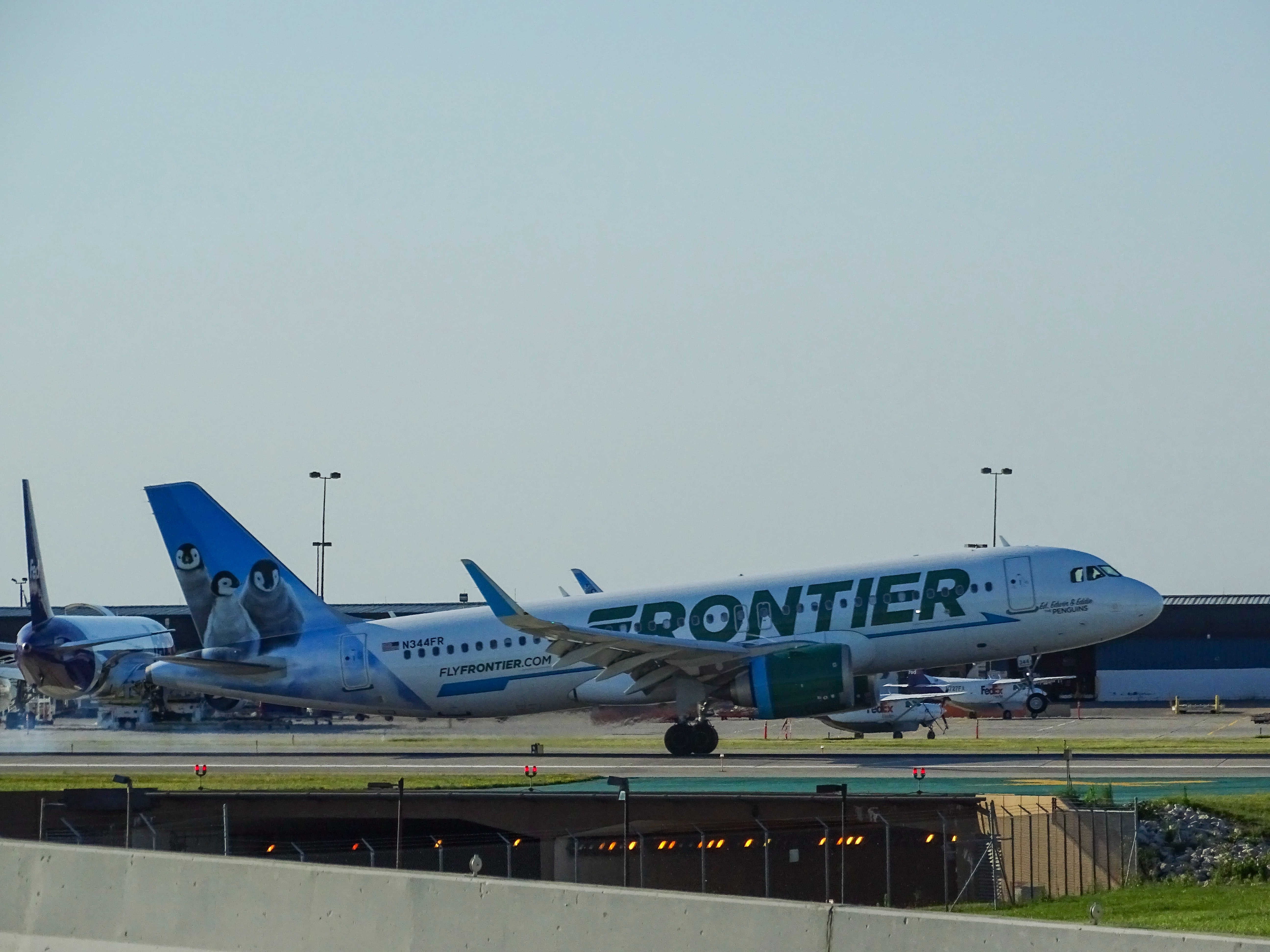Aviation industry analysts spend much of yesterday weighing up the benefits and negatives of a merger between Frontier and Spirit Airlines announced yesterday. Analysts Cowen & Company were unsurprised at the news and wholeheartedly in favour, noting that the merger was all about growth. This seems to be the prevailing opinion. The JPMorgan gang agreed that it was unsurprising but questioned the timing. “Why now?” they asked – without COVID-19 as the catalyst, the team there do not believe the merger would have been announced yesterday, noting that they view this deal as “born of near-term necessity during a time of still-significant industry strain”.
When asked the same question – Why now? – by CNBC’s Squawk Box yesterday, Ted Christie, CEO of Spirit Airlines, said that this deal was not the average airline merger: “When we get asked that question, Why now?, and the answer I like to give is, Why not? I mean, this is a really fantastic combination and … we think it's extremely complimentary. There's going to be a lot of value to deliver to the consumers. This is not a regular airline merger. This is a completely different thing where you've got two low-cost leaders getting together to figure out ways to drive more growth and it's going to be extremely beneficial to a lot of constituents and for that reason, we're very, very excited about getting this thing across the goal line.”
A possible stumbling block to the merger is the regulatory approvals. While the airlines and analysts don’t believe there are any serious anti-trust issues but JPMorgan’s Jamie Baker and Mark Streeter highlight the Department of Justice (DOJ) litigation against JetBlue and American’s Northeast Alliance that the regulator warns “eliminates competition in New York and Boston and harms air travelers nationwide”. The JPMorgan analysts state that they do not understand the DOJ’s behaviour towards American and JetBlue, which also now leads them to question their initial regulatory assessment of Frontier and Spirit. “Should DOJ eventually back-pedal on NEA, we would view that as a positive for ULCC-SAVE. Similarly, if DOJ digs in its heels on NEA, it would imply (to us) a lower probability of regulatory approval for ULCC-SAVE. We don’t believe the two issues to be mutually exclusive.”
Speaking to CNBC yesterday, Indigo Partners Founder Bill Franke, noted that the transaction should be supported by the Biden administration: “It's beneficial to the consumer. It's beneficial to the employees, beneficial to the communities that the airlines serve. And at the end of the day, even on combination, these two airlines will control less than 10% of the market. So, it's not an overpowering event and it takes place inside a market where 80% of the airline markets are controlled by four other airlines, American, Delta, United and Southwest and so as a consumer advocate, we believe that this is a transaction that should receive favourable oversight.”
Cowen expects the merger will take the rest of the year to go through the regulatory process. “The airlines will remain separate until the approvals are received, and even then will continue to operate independently until they achieve single operating certificate, which is likely another two years. The combination will bring domestic growth and lower fares to consumers.”
The deal also needs Spirit shareholder approval – which could be a sticking point since several law firms have already reached out to shareholders to complain that the deal is undervalued. Under the terms of the proposed transaction, shareholders of Spirit will receive 1.9126 shares of Frontier and $2.13 in cash for each share of Spirit that they own. Several law firms are seeking to determine whether this consideration and the process that led to it are adequate, or whether the consideration undervalues the company.
Regulatory and shareholder hurdles aside, the combined airline makes perfect sense from an operations perspective. The all-Airbus fleet reached 283 aircraft, with a combined order book is for over 350 aircraft - 210 to be delivered between 2022 and 2026. Cowen notes that such growth requires the airlines to hire more than 3,000 pilots over the next five years – a significant requirement in growth environment with a dearth of talent as many pilot retire or leave the profession.
Will this merger create a snowballing effect to consolidation in the airline industry, the like of which is being discussed in the aircraft leasing sector at the moment? Time will time but scale and balance sheet strength will be pivotal for success as the industry recovers from its pandemic malaise.

